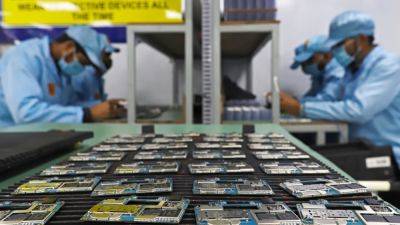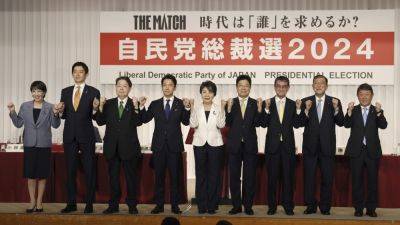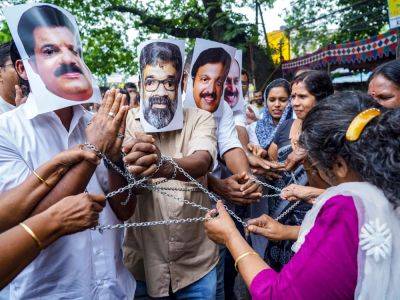EU is becoming too obsessed with defense
A new team of 26 leaders has been appointed to the European Commission, reflecting a carefully crafted balance of political ideologies and member states. Each will take on a different portfolio, from democracy to agriculture to innovation.
And for the first time, the EU will have a dedicated defense commissioner in the form of Lithuania’s Andrius Kubilius.
Commission president Ursula von der Leyen has made it clear that in her second term, the primary focus will be defense and security issues. She wants to convert the EU into a “security project” and has created the new post to build the bloc’s military capacities and cooperation.
The last EU Commission that ran from 2019 to this year declared itself “geopolitical”. Under this label, it moved the European Union towards a heightened concern with military capabilities and hard power.
Most observers see this as a positive aspect of the last commission. And there is a striking degree of supportive consensus that the military-power shift needs to be extended and deepened.
However, this increasingly unchallenged conventional wisdom has unhelpfully narrowed and distorted the EU’s foreign policy debates. The EU needs to move beyond its hazy geopolitical mantra, not lean on it even more heavily.
Much EU policy debate has become concerned principally with the question of whether the EU can defend itself more robustly and without help from the US. Analysis of European foreign policy has come overwhelmingly to take the form of calls for the EU to advance more ambitiously in its emerging ethos of militarised self-preservation and for laggardly member states to accelerate their rearmament.
While the focus on defense capabilities was overdue and remains necessary, it is becoming too







